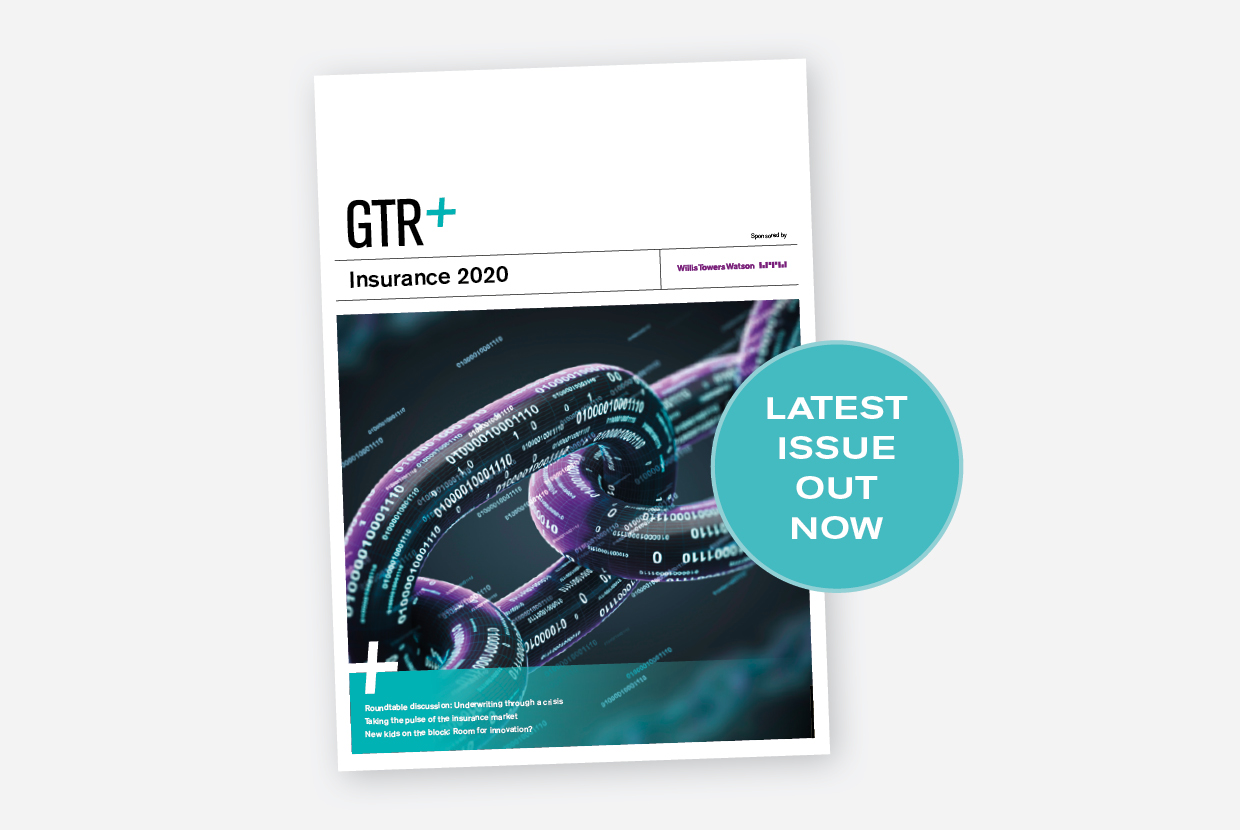As this annual GTR+ Insurance publication goes to press, the trade credit and political risk insurance community is preparing for increases in Covid-related claims in early 2021 as the substantial government-led financial measures that have been extended to companies worldwide in the wake of the pandemic are phased out, bringing increased strain to businesses that have been relying on this support. According to a recent release from the Berne Union, the current environment at the end of 2020 could well be the “eye of the storm” for the industry.
Although the most recent data from the Berne Union shows relatively subdued claims activity amongst its members – US$3.3bn paid in H1 2020 compared to US$3.2bn in H1 2019 – there is a marked increase in payment deferrals and pre-claim situations, and it looks likely that claims will ratchet up from 2021 onwards. Mounting corporate insolvencies and the wider economic recession are amongst the biggest ongoing concerns, it says.
A subsequent increased depth of analysis for underwriters has resulted in more prudent risk selection, while – at the same time – demand for insurance continues to increase: a Berne Union survey found that 80% of members reported an increase in new demand, most commonly for short-term credit and working capital products.
This issue’s roundtable discussion touches on the contraction in credit appetite – particularly acute for new entrants to the market, as well as the recent influx of improved quality of credit, with underwriters welcoming the well-rated, well-structured risks that have emerged.
Elsewhere in this publication, we take a look at the opportunities that are presenting themselves in the political risk insurance space as governments encounter potential destabilisations; we profile some of the industry’s new underwriting and broking firms that have emerged; and we investigate the vital support provided by export credit agencies over the course of the pandemic, and whether or not this will lead to a fundamental shift in their mandates.








